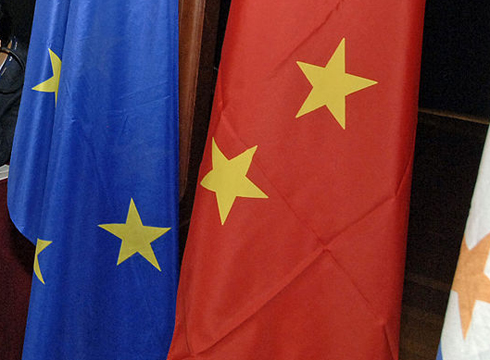
Attending conferences in Europe and the United States over the past three years, I have been struck by the increasing Western preoccupation with Asia’s rise, the growing influence of the rising powers of Asia, and the challenge they pose to Western values and norms governing international institutions. There is resistance to the idea that the rise of these powers will lead to changes in the decision-making practices of institutions such as the United Nations Security Council, the International Monetary Fund, the World Bank, and the World Trade Organization.
Although it is recognized that China, for example, should have a greater stake in international decision-making, the approach has been to ask whether China will abide by the rules set by the US and Europe after World War II. Europeans are particularly concerned about the decline of their influence and the norms and values that are espoused by them in global diplomacy as Asian powers seek a larger role in global affairs and assert their values.
